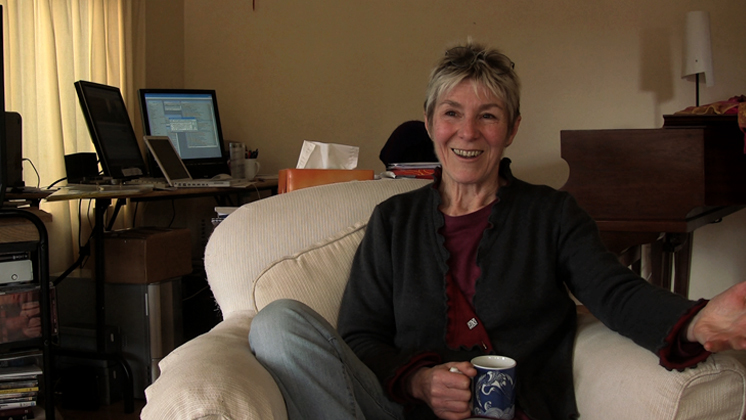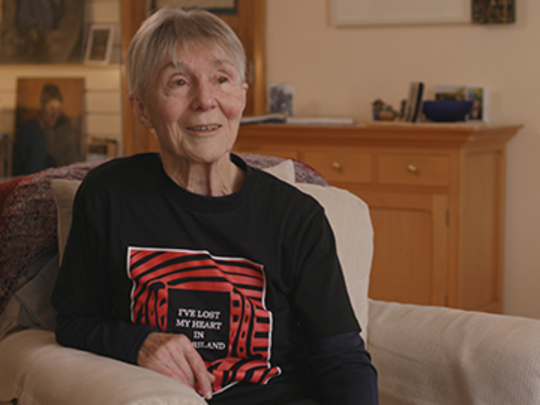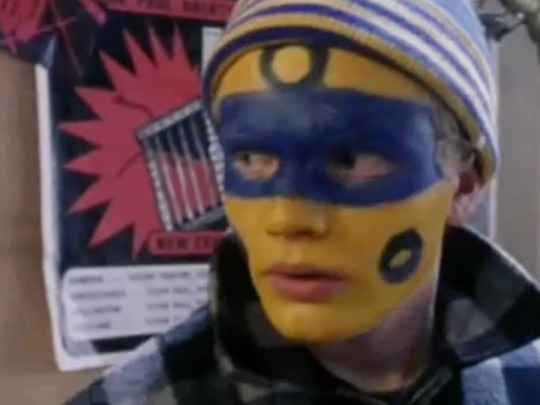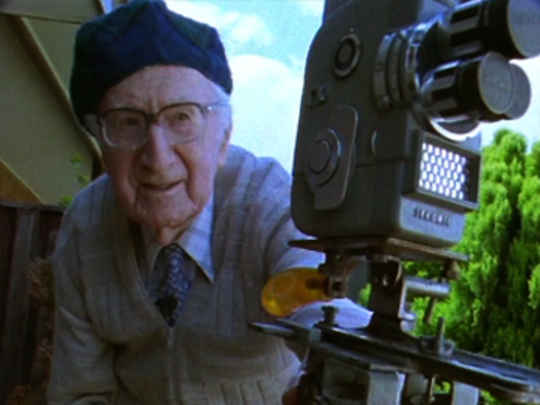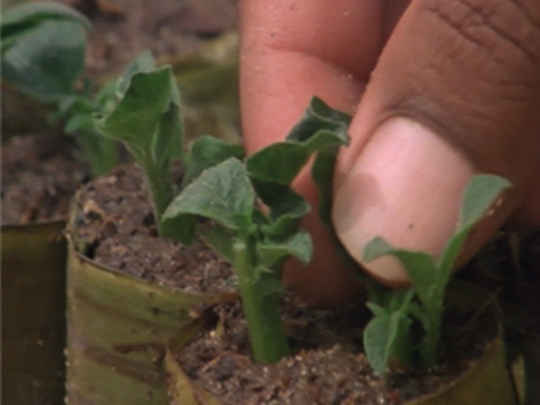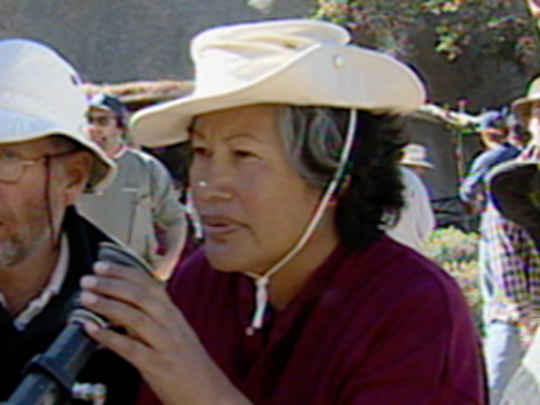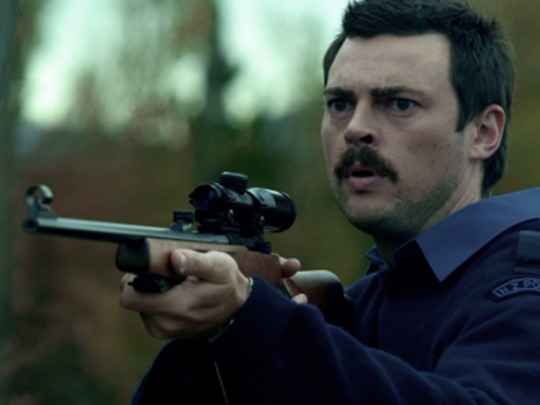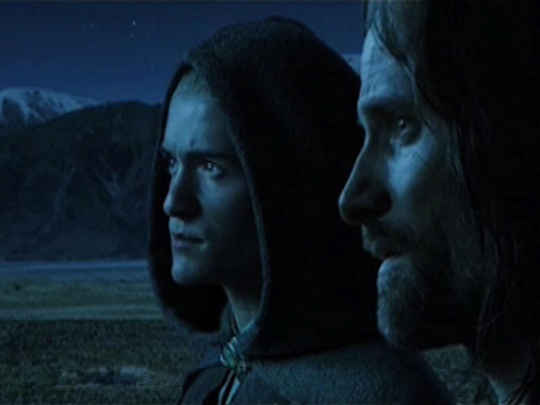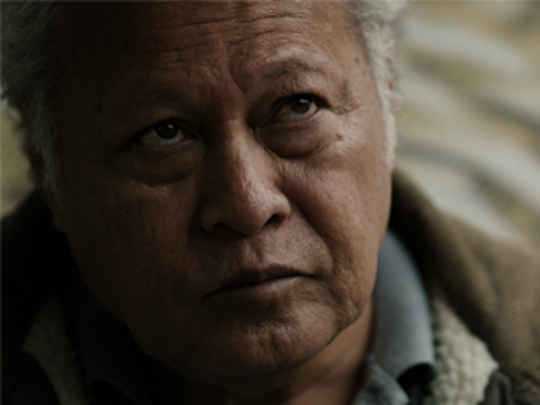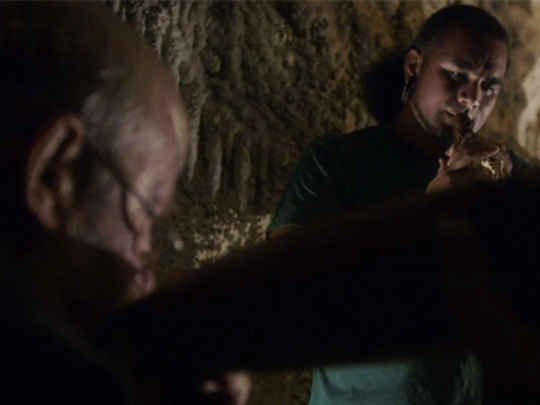Annie Collins: On cutting films...
Interview – 2009
Editor Annie Collins has worked with some of New Zealand's most provocative directors, including Merata Mita (Patu!) and Barry Barclay (The Neglected Miracle). Collins has also cut Robert Sarkies' acclaimed dramatic features Scarfies and Out of the Blue, and was part of the editing team on Peter Jackson’s The Lord of the Rings.
In this ScreenTalk, Collins talks about:
- Being convinced by producer Pat Cox to shelve her design training, and try out editing
- What she requires of directors — "that they’ve done their homework"
- Cutting Springbok Tour doco Patu! with Merata Mita, and becoming conscious of the protests' relevance to New Zealand history and the different echoes it had for Mita as a Māori filmmaker
- Working with "vibrant" director Robert Sarkies on Scarfies
- Working on Mouth Wide Open, about Kiwi film pioneer Ted Coubray
- Spending four and a half years on The Lord of the Rings trilogy, and realising that despite the "profound experience" of working on such a massive project, she needed to return to Kiwi stories
- Aramoana movie Out of the Blue
- The ethics of storytelling: the need for those making a documentary (or a story where the subjects are still alive) to be fair, and follow "good process"
- The power of the edit — and how easy it can be to destroy someone by an editing decision
Annie Collins went on to do this extended ScreenTalk interview in 2024.
This video
was first uploaded on 13 February 2009, and
is available under
this Creative Commons licence.
This licence is limited to use of ScreenTalk interview footage only and does not apply to any video content and
photographs from films, television, music videos, web series and commercials used in the interview.
Interview - Clare O'Leary. Camera and Editing - Leo Guerchmann
If you don’t approach documentary with the right spirit inside you, with the right reasons for doing it, it's gonna foul up on you. A lot of it's simply to do with the clarity of your mind and the clarity of your heart when you step into dealing with something that is about people who are still living. Because we know absolutely that it takes about five seconds for you to destroy somebody in a cut, in an edit, on national television.– Annie Collins on the ethics of making documentaries
